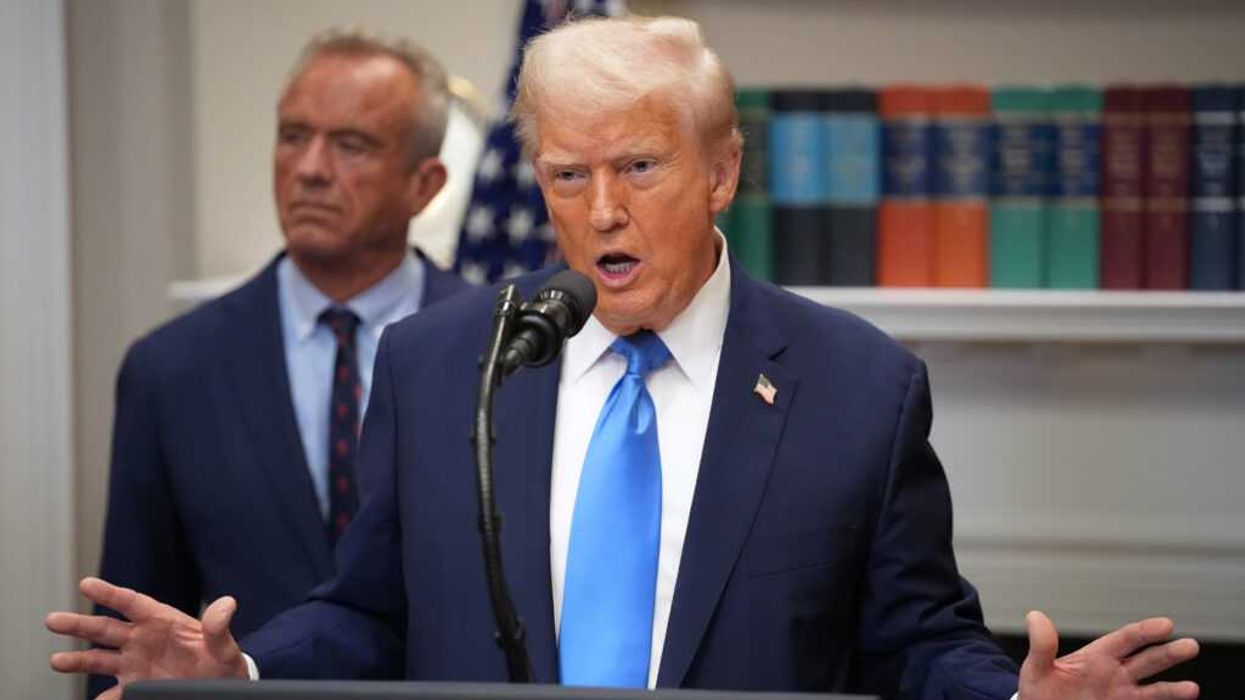At the heart of the Trump administration’s health agenda is a dramatic reorientation of public health priorities. Secretary of Health and Human Services, Robert F. Kennedy Jr. declared during a Senate hearing last week:
“We at HHS are enacting a once-in-a-generation shift from a sick-care system, to a true health care system that tackles the root causes of chronic disease.”
“Make America Healthy Again” has been met with both praise and fierce resistance. Republican Senator Mike Crapo supported the initiative, saying:
“President Trump and Secretary Kennedy have made a steadfast commitment to make America healthy again”.
Kennedy’s long-standing skepticism of vaccines has become central to his tenure.
Chronic illness, environmental toxicity, and mental health neglect have long plagued our systems. But when that vision is paired with vaccine suspicion, the firing of CDC Director Susan Monarez, and a panel stacked with anti-vaccine voices, the promise begins to fracture.
Monarez, in a Wall Street Journal op-ed, accused Kennedy of pressuring her to:
“Compromise science itself” and approve recommendations from a panel “filled with people who have publicly expressed antivaccine rhetoric”.
Kennedy’s response? “The people at the CDC who oversaw [COVID-19 mitigation]... are the people who will be leaving.” That’s not reform. That’s purging.
Senator Tina Smith challenged Kennedy directly:
“When were you lying, sir – when you told this committee that you were not anti-vax? Or when you told Americans that there's no safe and effective vaccine?”
Kennedy replied: “Both things are true”.
Former CDC directors and health professionals have condemned Kennedy’s approach. In a joint op-ed, they warned:
“Public health shouldn’t be partisan. Vaccines have saved millions of lives under administrations of both parties. Parents deserve a CDC they can trust to put children above politics, evidence above ideology and facts above fear”.
Senator John Barrasso, a physician, added:
“I’m a doctor. Vaccines work”.
When trust erodes, so does the very architecture of care. The tug of war between Kennedy’s populist health reform, Trump’s political backing, and the scientific community’s alarm has left America’s health landscape deeply polarized. As Kennedy invoked his father’s legacy:
“Progress is a nice word, but change is its motivator. And change has its enemies.”
The question remains: will this change heal or harm?
Public health is not a stage for performance—it’s a covenant with the people. And right now, that covenant is being rewritten in ink that smudges truth with ideology.
While this political theater unfolds, the communities most devastated by COVID-19—Latino and Black families—remain largely unacknowledged in the administration’s rhetoric.
In Louisiana, Black residents made up 70% of COVID-19 deaths, despite being only 32% of the population. Latino patients in the West and Midwest were hospitalized at rates over nine times higher than non-Hispanic Whites during the pandemic’s peak. These aren’t just numbers. They’re testimonies of structural neglect.
The virus didn’t discriminate, but our systems did. Marginalized communities faced compounded risks: frontline jobs without protections, multigenerational housing that made isolation impossible, and limited access to care. Vaccine rollout was uneven. Trust was fractured.
The state of health in America isn’t just a tug-of-war between Kennedy, Trump, and the CDC. It’s a reckoning.
Will we build a health system rooted in dignity, science, and mutual recognition—or will we let force of personality and chaos dictate the terms of our survival?
America’s health deserves more than slogans. It deserves stewardship.
Hugo Balta is the executive editor of the Fulcrum and the publisher of the Latino News Network.

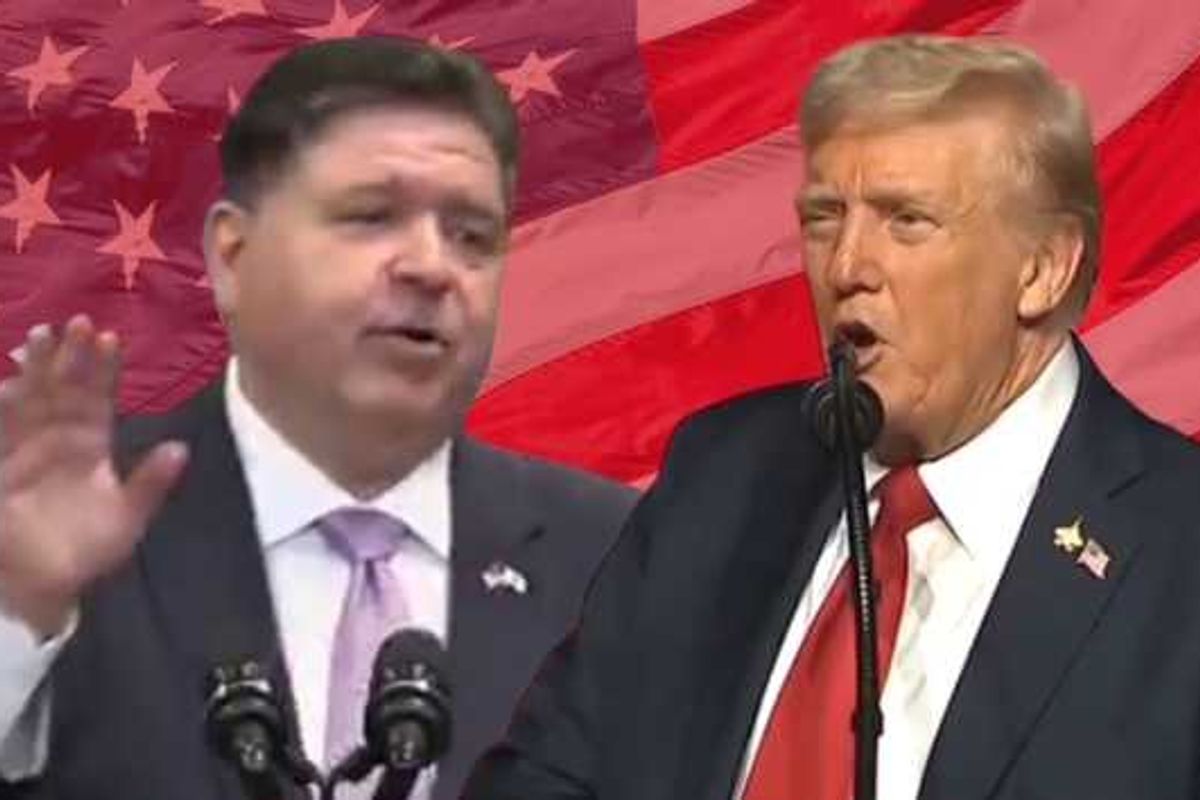



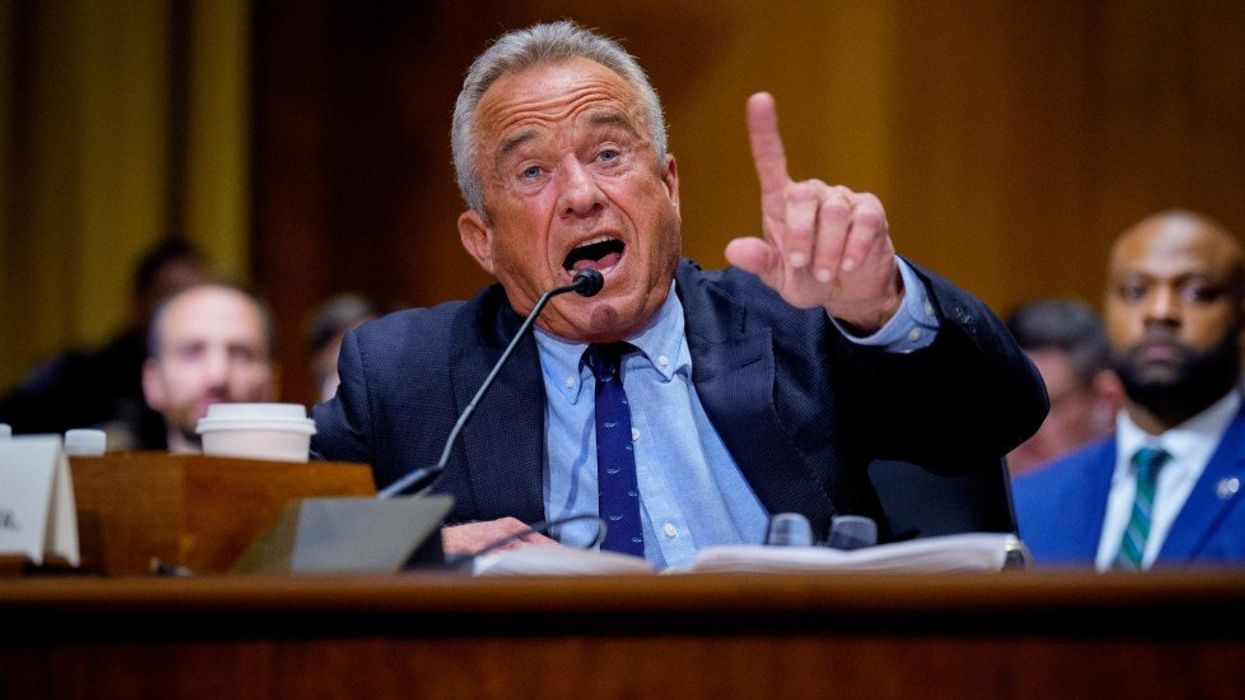











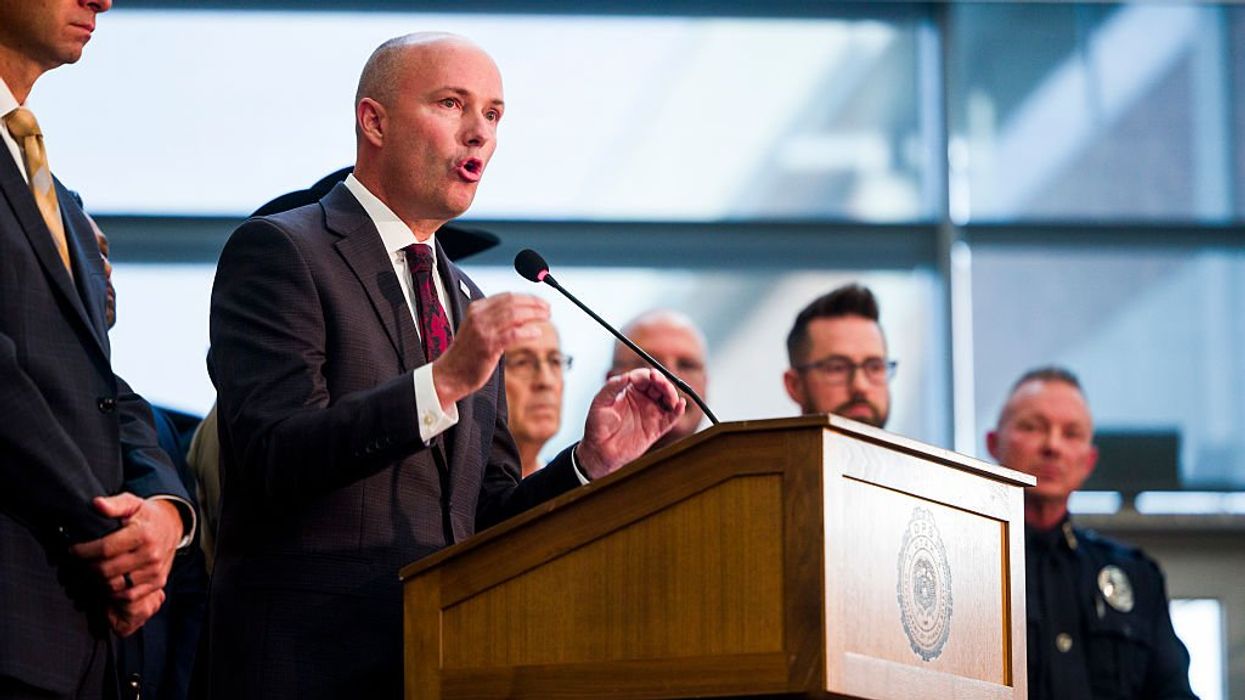
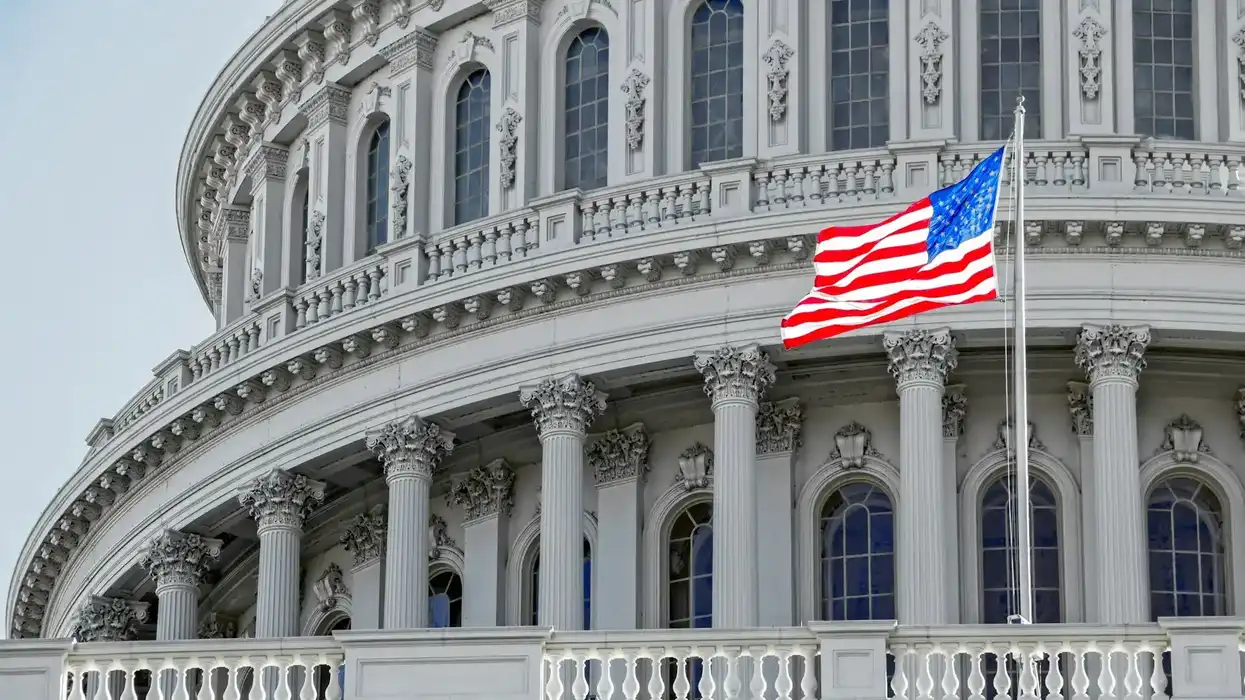
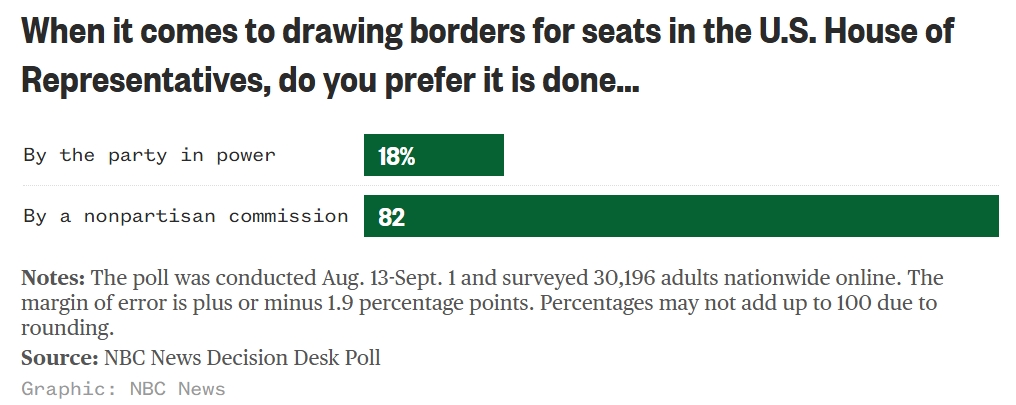 For example, 71% of Republicans in GOP-controlled states say they would prefer redistricting done by a nonpartisan commission. Yet in the same week as the poll’s release,
For example, 71% of Republicans in GOP-controlled states say they would prefer redistricting done by a nonpartisan commission. Yet in the same week as the poll’s release, 